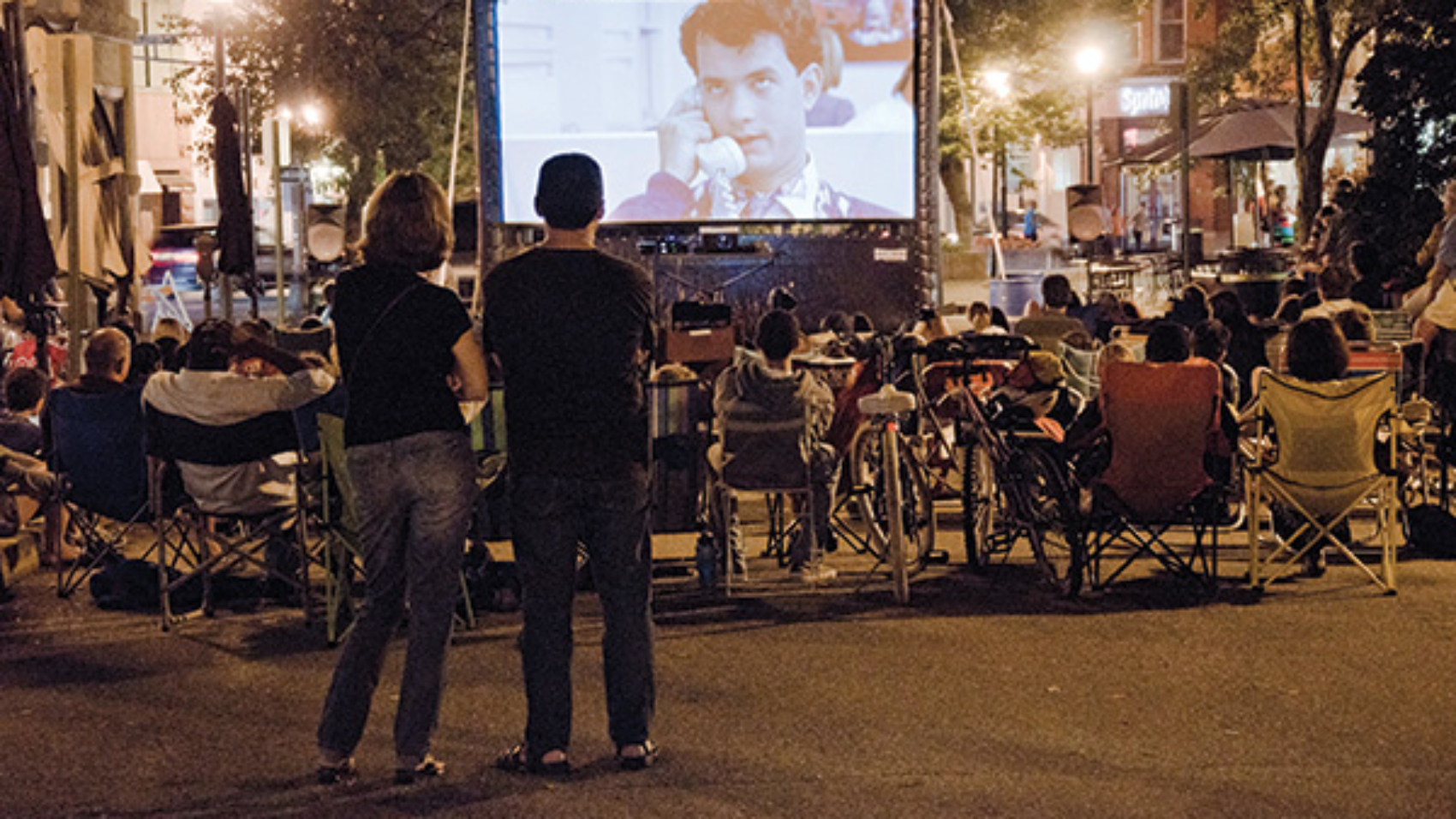New Jersey boasts a vibrant film scene, with a plethora of film festivals celebrating diverse voices, stories, and cinematic artistry. From intimate gatherings to grand showcases, these festivals highlight the creativity and talent of filmmakers from both local and international backgrounds. Here’s a comprehensive overview of some of the prominent film festivals across the Garden State.
Atlantic County
- Atlantic City Cinefest
Location: Atlantic City, NJ
A platform for independent filmmakers, showcasing a variety of genres and styles. - B.E. (Black Excellence) Film Festival
Location: Atlantic City, NJ
Celebrates films that highlight the contributions and stories of the Black community.
Bergen County
- Northeast Film Festival
Location: Teaneck, NJ
Focused on innovative and creative independent films, this festival features various screenings and panel discussions. - Teaneck International Film Festival
Location: Teaneck, NJ
Showcases films that explore cultural diversity and the richness of human experience.
Camden County
- Jewish Film Festival of the Katz JCC
Location: Cherry Hill, NJ
A celebration of Jewish culture through film, featuring documentaries, dramas, and comedies.
Cumberland County
- CUT International Short Film Festival
Location: Millville, NJ
Dedicated to short films, this festival highlights the talents of emerging filmmakers.
Essex County
- Montclair Film Festival
Location: Montclair, NJ
One of the premier film festivals in the state, offering a rich program of feature films, documentaries, and short films. - Newark Black Film Festival
Location: Newark, NJ
Focused on the narratives and experiences of the Black community, this festival presents a variety of film genres. - New Jersey Jewish Film Festival
Location: West Orange, NJ
Showcases films that delve into Jewish culture and history, featuring thought-provoking documentaries and narratives.
Hudson County
- Black Maria Film & Video Festival
Location: Jersey City, NJ
Celebrates short films and videos that promote social change and artistic expression. - Brightside Tavern Film Festival
Location: Jersey City, NJ
A platform for filmmakers to showcase their works in a casual and welcoming environment. - Golden Door International Film Festival
Location: Jersey City, NJ
A vibrant celebration of film, featuring international cinema alongside local talent. - Jersey City International Television & Film Festival
Location: Jersey City, NJ
Focuses on the intersection of television and film, showcasing both formats.
Mercer County
- Princeton Environmental Film Festival
Location: Princeton, NJ
Highlights films that raise awareness about environmental issues and sustainability. - Princeton Student Film & Video Festival
Location: Princeton, NJ
Features works from student filmmakers, showcasing fresh perspectives and creativity. - Trenton Film Festival
Location: Trenton, NJ
A gathering for local filmmakers to present their works and connect with audiences.
Middlesex County
- New Jersey Film Festival
Location: Voorhees Hall #105/Rutgers University, New Brunswick, NJ
A celebrated festival that highlights independent films from around the world. - New Jersey International Film Festival
Location: Voorhees Hall #105/Rutgers University, New Brunswick, NJ
Showcases international films alongside local talent, fostering a global cinematic dialogue. - Rutgers Jewish Film Festival
Location: New Brunswick, NJ
Celebrates Jewish culture and identity through film.
Monmouth County
- Asbury Music & Film Festival
Location: Asbury Park, NJ
A unique festival that blends music and film, featuring performances and screenings. - Bread & Roses Film Festival
Location: Asbury Park, NJ
Focuses on social justice and community issues through powerful storytelling. - Count Basie Center Teen + College Film Fest
Location: Red Bank, NJ
Encourages young filmmakers to showcase their work and engage with industry professionals. - FilmOneFest
Location: Atlantic Highlands, NJ
Dedicated to one-reel short films, this festival emphasizes creativity in concise storytelling. - Garden State Film Festival
Location: Asbury Park, NJ
One of New Jersey’s largest film festivals, featuring a diverse array of films. - Hang On To Your Shorts Film Festival
Location: Asbury Park, NJ
A celebration of short films that brings together filmmakers and audiences. - Indie Street Film Festival
Location: Red Bank, NJ
Showcases independent films with a focus on storytelling and creativity. - Monmouth Film Festival
Location: Red Bank, NJ
Celebrates the art of filmmaking with a diverse lineup of screenings and events.
Ocean County
- Lighthouse International Film Festival
Location: Long Beach Island, NJ
Highlights films that celebrate the human experience and promote artistic expression.
Passaic County
- White Vulture Film Festival
Location: Hawthorne, NJ
A gathering for innovative filmmakers showcasing their work in a supportive environment.
Union County
- Westfield International Film Festival
Location: Westfield, NJ
Focuses on independent films and provides a platform for emerging talent.
Join the Celebration!
New Jersey’s film festivals provide a fantastic opportunity for filmmakers and audiences alike to engage with compelling stories and innovative art. If you are part of a film festival in New Jersey not listed here, we encourage you to reach out with your festival details. Let’s continue to celebrate the rich cinematic landscape of New Jersey!
For advertising opportunities and to make your festival stand out, consider partnering with NJ Stage. Click here for more information.

